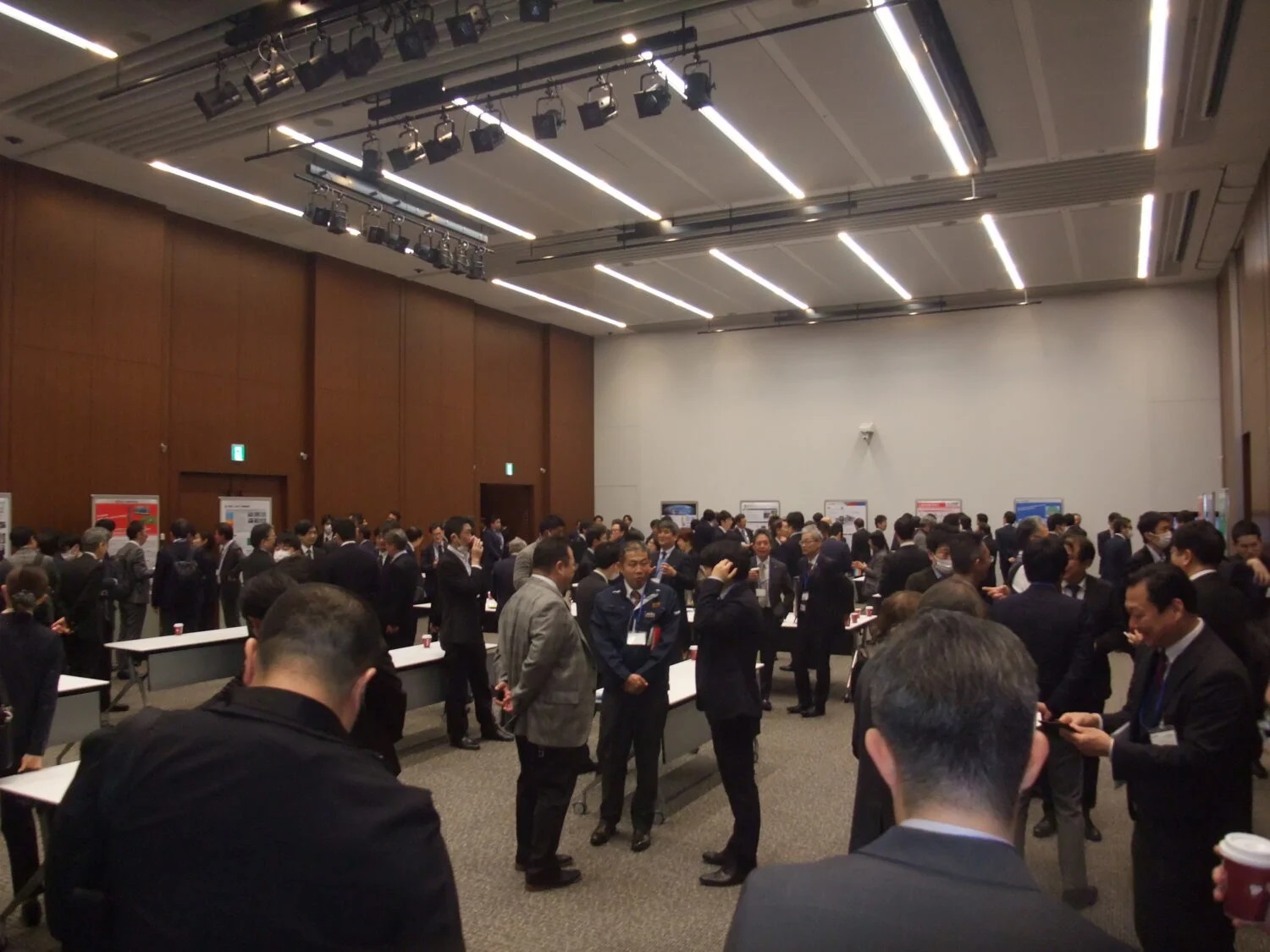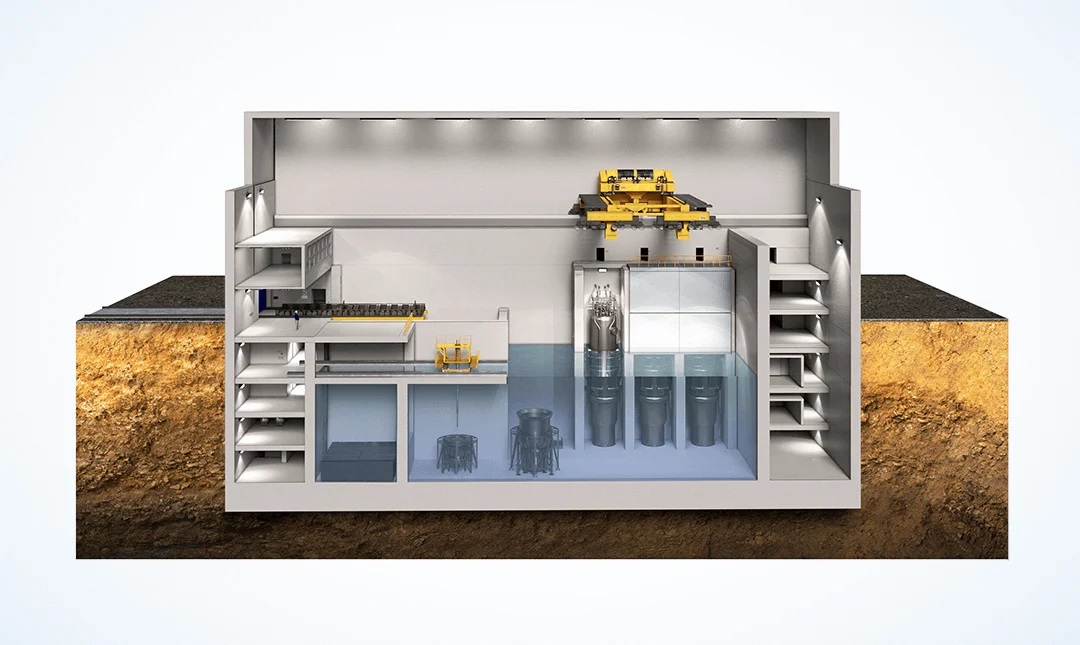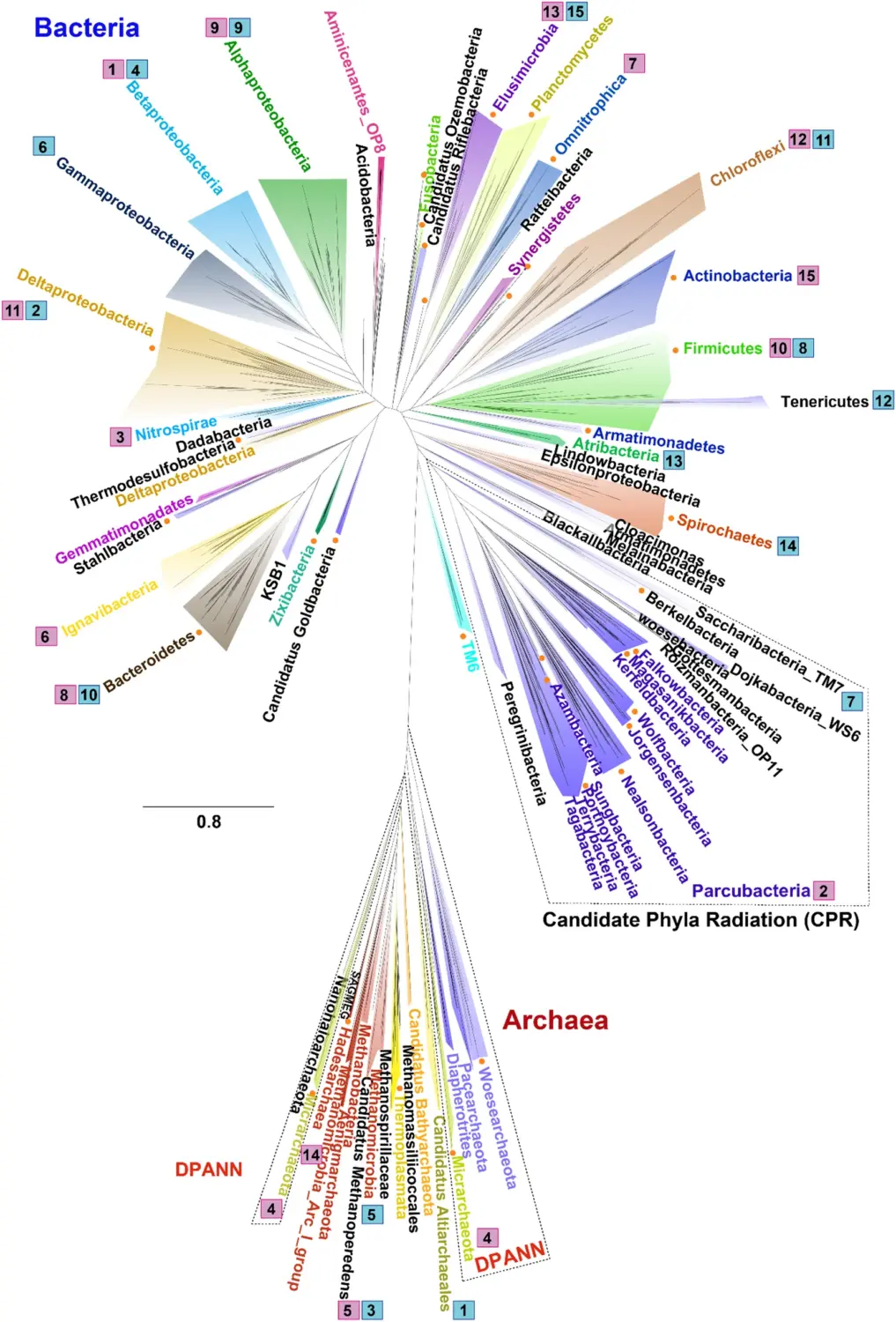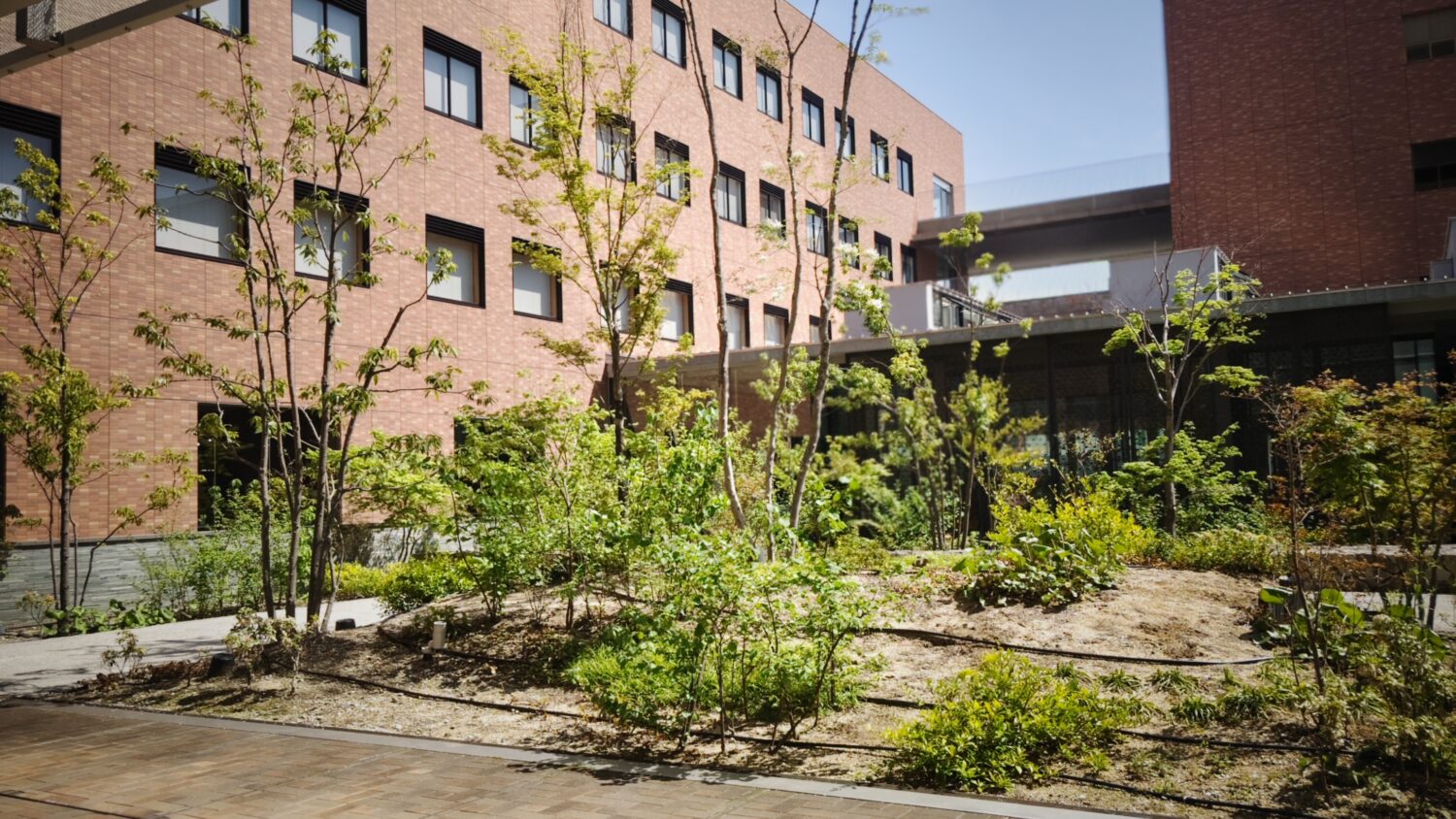In August, Minister NISHIMURA Yasutoshi of Economy, Trade and Industry (METI) had addressed the same committee about “reestablishing stable supplies of energy in Japan,” and the subcommittee has subsequently been discussing the following issues:
- Integrating the influence and capabilities of all relevant parties to facilitate NPP restarts.
- Maximizing the use of existing NPPs, including the extension of operating lifetimes.
- Developing and constructing next-generation advanced reactors.
- Accelerating the processes of reprocessing, decommissioning and final disposal.
President Arai said that he expected discussions to take various viewpoints into consideration to let nuclear power fully demonstrate its value.
As for next-generation advanced reactors, he referred to a September 29 announcement by Mitsubishi Heavy Industries, Ltd. (MHI) of its plans to develop a concept for an advanced light water reactor (LWR), the SRZ-1200. The development is to be conducted jointly with four Japanese electric power companies operating pressurized water reactors (PWRs): the Hokkaido Electric Power Co. the Kansai Electric Power Co. (Kansai EP), the Shikoku Electric Power Co. and the Kyushu Electric Power Co.
President Arai welcomed MHI’s announcement in terms of the goal of sustainably utilizing nuclear power, as well as for its positive effects on securing and developing human resources henceforth.
Responding to a reporter’s question about the future construction of such reactors, President Arai expressed concern about Japan’s tardiness in comparison to North America, where such development projects already include the prospects for specific locations. He also referred to the need to ensure “foreseeability” for nuclear businesses and the favorable effects on supply chains.
As for the extension of operating lifetimes, President Arai stressed that it was a global trend. Asked if any uncertainty existed as to such judgments—with reference to lifetime extensions to 80 years in the United States—he answered, “With more operational records being accumulated, it is becoming easier to make projections,” implying the need to make judgments about extending lifetimes while recognizing the existence of some uncertainty.
The press conference took place immediately after President Arai had returned to Japan from Vienna, where, as an observer, he was attending the General Conference of the International Atomic Energy Agency (IAEA) from September 26 to 30.
Commenting on the conference, he said that many countries had voiced criticism of Russian military actions at nuclear facilities in Ukraine, while also expressing their support for the IAEA in its efforts to prevent a nuclear accident. He added that he appreciated the importance of the IAEA’s activities “more than ever.” He then declared his absolute opposition to any military action near nuclear facilities in Ukraine and any act threatening nuclear safety there.



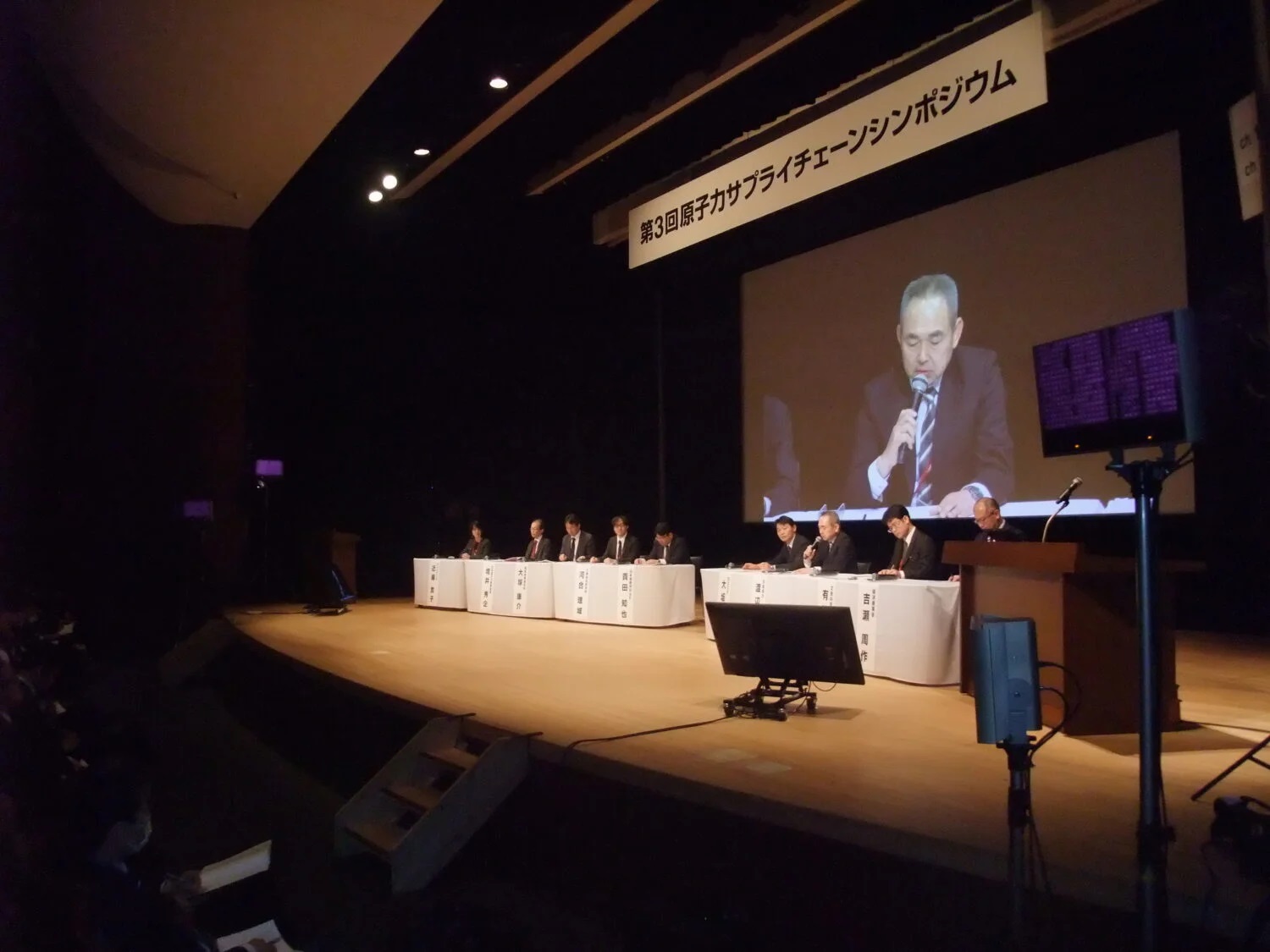
-1.png)


